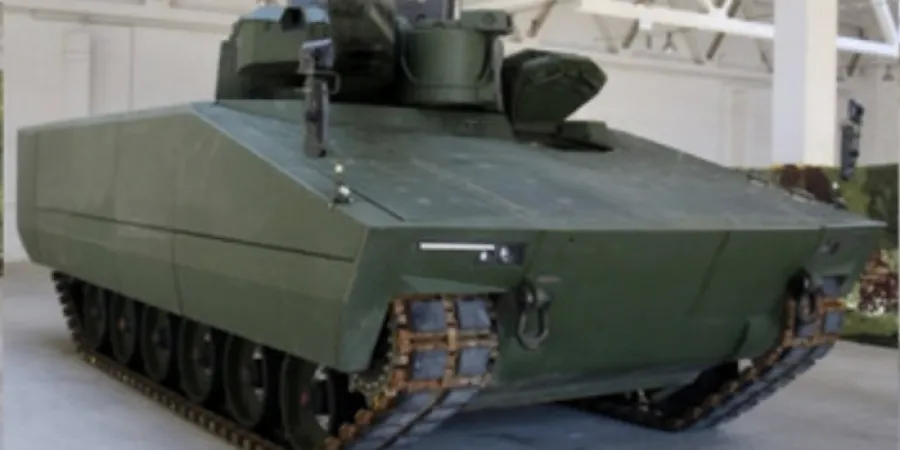Czech Republic suspends tracked IFV procurement
The Czech Ministry of Defense announced the suspension of the process of acquiring 210 tracked IFVs designed to replace the Czech Army's aging BMP-2 IFVs worth $ 1.9 billion
Eyal Boguslavsky
| 22/11/2021
The Czech Ministry of Defense (MoD) announced early November that it suspended the procurement of 210 tracked infantry fighting vehicles (IFVs) after a commission of experts completed the assessment of the bids.
The ministry said that the three bidders – BAE Systems Hägglunds with the CV90 Mk IV, General Dynamics European Land Systems (GDELS) with the ASCOD 42, and Rheinmetall with the Lynx KF41 – “cannot be evaluated ... because none of them meets all the requirements of the contracting authority.”
The MoD gave as examples “missing or inaccurate data on the technical characteristics of the vehicles offered and incomplete information on co-operation with the Czech defense industry“. The MoD did not say what the next steps in the procurement would be, but the IFV offers expire on 30 June 2022.
The tender is part of the process of acquiring 210 tracked IFVs designed to replace the Czech Army's aging BMP-2 IFVs worth $ 1.9 billion It should be noted that Israel has also been involved in the competition to a certain extent.
In September 2017, Israel Defense reported that the Czech government approached the Israeli government with a request to receive a quote for the "Namer" APC, but the Israeli government did not respond by the deadline for submission of bids.
Later, in December 2019, Israel Defense reported that in a demonstration for the Czech Army, General Dynamics unveiled an Ascod Type 42 APC with a UT30Mk2 weapon station made by Israel's Elbit Systems. The station includes an ATK 30mm gun, anti-tank missiles, a fire control system, a laser warning system and a smoke grenade launch system.
The Czech Ministry of Defense announced the suspension of the process of acquiring 210 tracked IFVs designed to replace the Czech Army's aging BMP-2 IFVs worth $ 1.9 billion
The Czech Ministry of Defense (MoD) announced early November that it suspended the procurement of 210 tracked infantry fighting vehicles (IFVs) after a commission of experts completed the assessment of the bids.
The ministry said that the three bidders – BAE Systems Hägglunds with the CV90 Mk IV, General Dynamics European Land Systems (GDELS) with the ASCOD 42, and Rheinmetall with the Lynx KF41 – “cannot be evaluated ... because none of them meets all the requirements of the contracting authority.”
The MoD gave as examples “missing or inaccurate data on the technical characteristics of the vehicles offered and incomplete information on co-operation with the Czech defense industry“. The MoD did not say what the next steps in the procurement would be, but the IFV offers expire on 30 June 2022.
The tender is part of the process of acquiring 210 tracked IFVs designed to replace the Czech Army's aging BMP-2 IFVs worth $ 1.9 billion It should be noted that Israel has also been involved in the competition to a certain extent.
In September 2017, Israel Defense reported that the Czech government approached the Israeli government with a request to receive a quote for the "Namer" APC, but the Israeli government did not respond by the deadline for submission of bids.
Later, in December 2019, Israel Defense reported that in a demonstration for the Czech Army, General Dynamics unveiled an Ascod Type 42 APC with a UT30Mk2 weapon station made by Israel's Elbit Systems. The station includes an ATK 30mm gun, anti-tank missiles, a fire control system, a laser warning system and a smoke grenade launch system.



